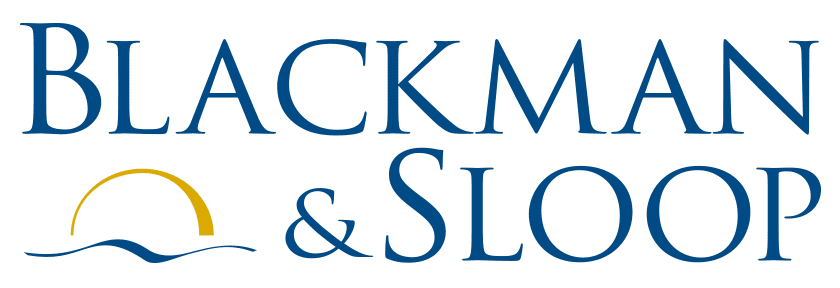The 2010 Small Business Jobs Act (SBJA) was recently enacted and includes a wide range of incentives and tax benefits for small businesses. As you review your 2010 business operating results, it is important to consider the impacts of this legislation on your small business. Several of the key elements are noted below:
Accelerated Depreciation and Section 179 Expensing Election: The former $250,000 limit has been increased to $500,000 now includes certain real property as eligible property (certain qualified leasehold improvements, restaurant property and retail improvement property). The 50% bonus first year depreciation election was also extended into 2010 and 2011 for certain properties.
Health Insurance and Self Employment Tax: The SBJA allows business owners to deduct the cost of health insurance for themselves and their families in calculating self-employment tax. This will reduce to self-employment tax burden for many small business owners.
Business Credits Carrybacks: The credit carryback period for unused current 2010 year credit s has been extended from 1 year to 5 years. This provision may allow for refunds of taxes paid in 2005-2009 by utilization of this extended carryback provision.
General Business Credits – Alternative Minimum Tax (AMT) Benefits: Under prior law, many tax credits that were available to reduce regular tax were not allowed against AMT. Under the new law, eligible small businesses are allowed to use all types of credits to offset AMT in tax years beginning in 2010.
Built In Gains Holding Period: Generally, a C corporation converting to an S corporation was required to hold appreciated assets for 10 years subsequent to conversion to avoid a built-in gain tax at the corporate level(double tax). Under SBJA, this holding period can be reduced to 7 years or 5 years depending on certain situations which may accelerate the conversion to S-corporate status and accelerate gain recognition on sale of appreciated assets in S corporations.
100% Gain Exclusion on Sale of Qualified Small Business Stock (QSBS): The new law increased the gain exclusion from 75% to 100%. The rules regarding what constitutes QSBS are complex and should be reviewed in detail prior to acquisition and sale of the QSBS stock.
Start-Up Expenses: A deduction (vs capitalization) for up to $10,000 of start up expenses is now allowed. The SBJA increase this limit from $5,000. There are deduction phase-outs where expenses exceed $60,000.
Business Cell Phones: Cell phones can now be depreciated like other business property and are not subject to the onerous record keeping requirements and certain previous expense limitations.
Our small business staff here is ready to assist you with a review of your 2010 year-end business operating results and discuss tax planning alternatives and strategies to minimize business tax and owner personal tax liabilities while maximizing after-tax net worth.
About Blackman & Sloop CPAs, P.A.:
Blackman & Sloop is a full-service CPA firm headquartered in Chapel Hill, North Carolina and is actively involved in auditing, taxation, management consulting, financial planning, and related services. The firm directs a large part of its services toward providing management with advice on budgeting, forecasts, projections, financing decisions, financial analysis, and tax developments. The firm also performs review and compilation services and prepares not-for-profit, corporate, individual, estate, retirement plan, and trust tax returns as well as technology consulting services regarding installation and training on QuickBooks. Blackman & Sloop provides services in Raleigh, Durham, Chapel Hill, RTP, Hillsborough, Pittsboro, Charlotte, and the rest of North Carolina. To find out more please visit http://www.blackmansloop.com
Contact: CPA cpa@blackmansloop.com
Toll Free: 1-877-854-7530 The Exchange West 1414 Raleigh Rd, Suite 300 Chapel Hill, NC 27517




